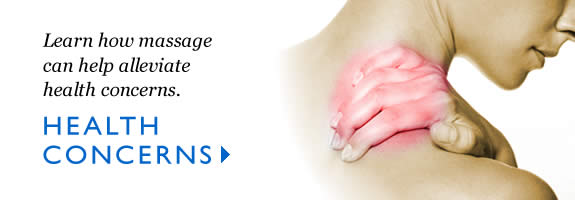s
Not only is massage okay during pregnancy, but it is highly beneficial to both mother and baby. Studies sponsored by the Touch Research Institute at the University of Miami have shown that pregnant women who receive massage therapy have reduced anxiety, less depression and a reduction in muscle aches and joint pain. They even have an easier labor and their newborn babies perform better on cognitive testing.
The most common massage for expectant mothers uses modified Swedish techniques consisting of long, relaxing strokes. From about the fourth month on, the massage is done with you in a side-lying position. This reduces any pressure on the spine and internal organs caused by the fetus.
Massage helps the mother-to-be in many ways. It helps to reduce swelling caused by a buildup of fluid, also referred to as edema. Joint pain and muscle aches are common as the woman gains weight and experiences changes in her body. Hormones are released in the body that can cause fluctuations in mood. Massage helps to regulate those hormones by reducing those that cause stress (norepinephrine and cortisol) and increasing those that decrease depression (dopamine and serotonin). The regulation of these chemicals in the body also helps to lessen birthing complications.
It is best to seek out a massage therapist who specializes in prenatal massage. If your massage therapist has received advanced instruction in pregnancy massage, they will have received training beyond the state or national standards and be able to address concerns specific with regard to pregnancy. Many of these massage therapists are also in close touch with midwives and doulas. They often will become part of your birthing team and offer a much welcomed massage as you are giving birth.
In general, massage is safe for almost any pregnant woman. However, please note that there are certain important contraindications for massage during pregnancy. Check with your doctor if you experience hypertension, pre-eclampsia or if you have a high-risk pregnancy.




